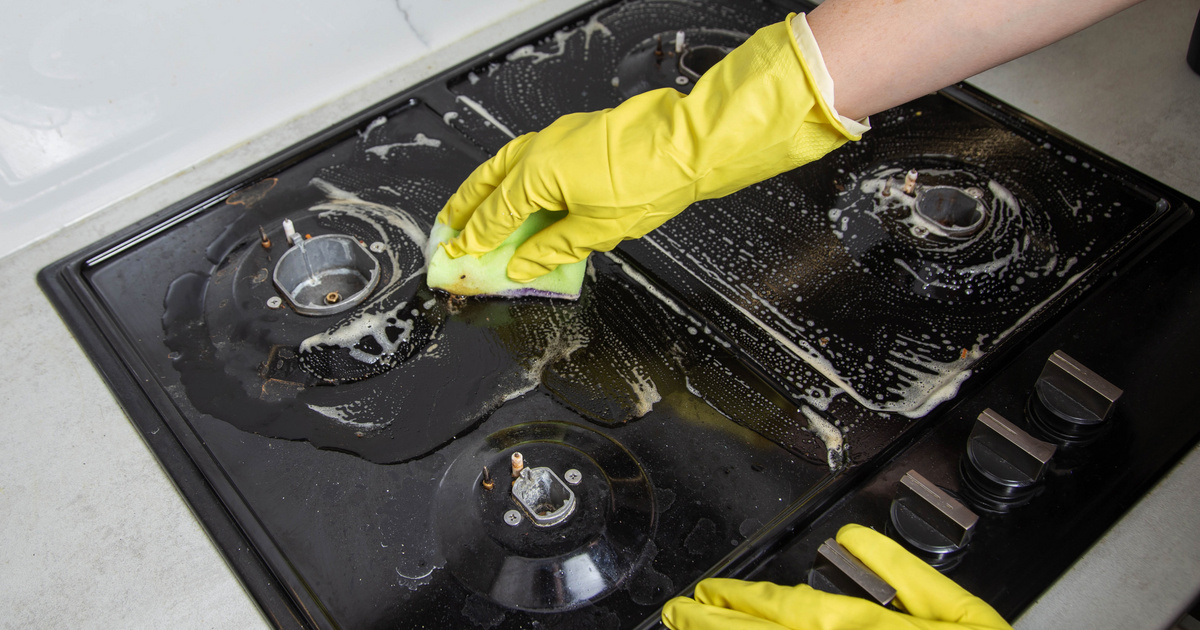Nowadays, there are many types of cleaning products available for descaling, mold removal, degreasing and deodorization, but those who like to turn the power of the spirit into a direct financial advantage are satisfied with their much cheaper natural ingredients designed specifically for this purpose.
However, mixing them is not always beneficial and may be counterproductive in some cases. The same applies to mixing vinegar and baking soda.
Vinegar is sour and sour things are sour. Acids add hydrogen ions to the solution, the stronger the acid. The strongest known acid is sulfuric acid, which is used, for example, to process various mined ores. The hydrochloric acid produced in the stomach is also strong, which helps process food. Vinegar and lemon juice are much weaker acids, but they are also suitable for dissolving household minerals, more precisely the limescale that accumulates here and there – so they are classified as harmless kitchen ingredients.
However, baking soda or sodium bicarbonate is slightly alkaline, the opposite of acid. Alkalies excellently break down dirt and fat particles, and are particularly suitable for cleaning surfaces and drains. Baking soda is a weak alkali, but it is nonetheless excellent for scrubbing and deodorizing.
Success, money and magic
Those with serious life experience and volcano designers know that mixing vinegar with baking soda results in intense fizzing. This is because carbon dioxide is released during the interaction of the two substances. This is an amazing event, without a particular cleaning effect: during the reaction, the chemistry of acids and alkalis is turned off, meaning the end of their unique cleaning properties.
The end result of the mixture is water, carbon dioxide, and sodium acetate. The latter is useful for various industrial purposes – breeding bacteria, preventing the formation of static electricity, flavoring chips – but has no cleaning effect.
However, mixing things up can be beneficial for a particular task. In the case of baking soda, for example, it's fortunate that said fizz can create excellent carbon dioxide bubbles in sponge cake. In fact, bubbles can also help with a clogged drain, although this is not achieved as a cleaning agent, but through the mechanical effect of the resulting bubbles. According to experts, the reason miracle recipes that combine the two work so well is because there's usually more baking soda left at the end of the reaction. Anyone who has cleaned with these methods so far should think about it.














































